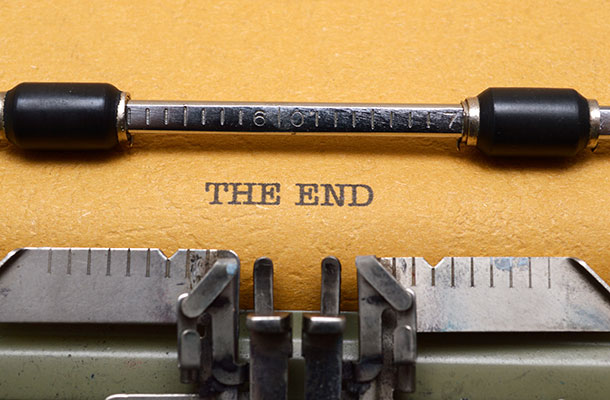I don’t consider myself an author by any means, but I often contribute blogs or articles for our website. I think this is now the same for many other business people and individuals who like to comment on current news or give their opinion on issues affecting their business area.
Writers and bloggers often ask us:
How do I protect my work?
If you are a professional author then this question will be extremely important and understanding the role that copyright plays is fundamental. Our recent case study below gives a number of tips and pointers that may prove useful.
But even if you are just a casual writer, the protection afforded by copyright will be relevant. Copyright protects a number of creative works, including literary works such as books, newspaper and magazine articles, and blogs.
The good news is that copyright protection is free and automatic! There are no forms to complete and there are no fees to pay. Copyright will subsist in material as soon as it has been created. To qualify, the work must be original and be recorded in some manner, such as being written down. However, what copyright does not protect are mere ideas. So if you have an idea to write a story about a man eating shark or aliens invading the earth, then there is nothing stopping you, as the general idea behind a book cannot be protected, but your version can.
So, you have written your blog/story/article, who owns the copyright?
The first owner of the copyright will usually be the author, unless it was created in the course of employment, or there has been a contractual agreement to the contrary. For example, because I am employed by the IPO, anything I write as part of my ordinary course of duties does not belong to me. It belongs to the Crown as I am a government employee.
If you are an employee and write on behalf of your company then generally the copyright will belong to your employer. However, if you are a free-lancer then the copyright in anything you write will belong to you, unless you have agreed to transfer ownership in your contract.
Copyright allows you to prevent people from copying your work, distributing copies of it to the public(whether free of charge or for sale), renting or lending copies of your work, showing or playing your work in public, making an adaptation of your work or putting it on the internet without your permission.
Although you don’t have to, it makes good sense to mark your work with a copyright symbol (©), followed by the year the work was created and your name. This is not an essential requirement, but it does notify others that the author takes copyright issues seriously and may have a deterrent effect upon possible infringers.
We’ve recently created IP Basics – IP made easy, a new series of IP-based animations including the one below:
So, in a nutshell, keep being creative, keep writing those blogs and articles, but understand who owns them and how copyright can protect your work. And don’t forget that we are always looking for contributions for this site. If you have an IP related article/blog, or want to have your say, please get in touch.

To keep in touch, sign up to email updates from this blog, or follow us on Twitter.
Recent Comments